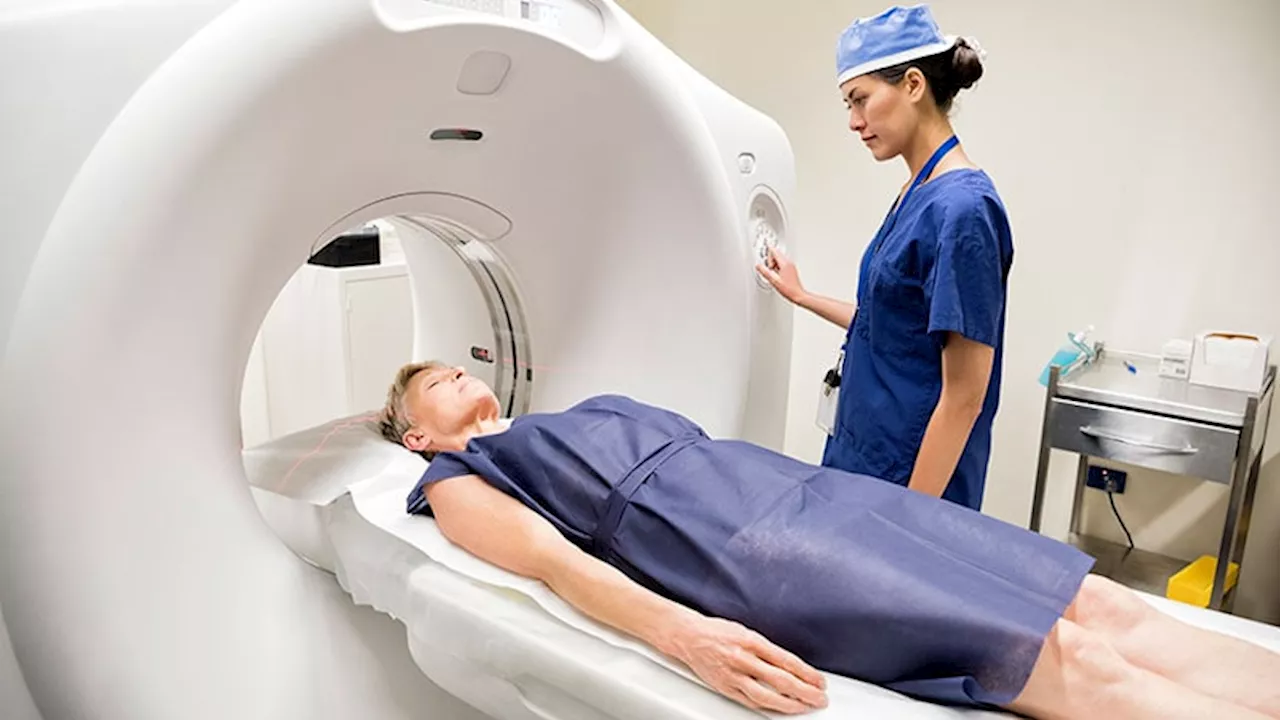Serious liver and nonliver outcomes linked to metabolic dysfunction-associated steatotic liver disease were different between men and women, according to the first known study to examine this topic.
Women with metabolic dysfunction-associated steatotic liver disease have a higher risk for cirrhosis, whereas men with MASLD have elevated risks for hepatocellular carcinoma , hepatic decompensation, chronic kidney disease, cardiovascular disease, and non–sex-specific cancers.MASLD represents a leading cause of liver and nonliver adverse events; however, current data on sex differences in outcomes, particularly with the updated disease concept, remain limited.
Researchers conducted a cohort study including adults with MASLD from the 2007-2022 Merative MarketScan Research Database in the United States to examine the relationship between sex and various liver and nonliver adverse events associated with the condition.The incidence of liver adverse events and nonliver adverse events was compared between both sexes.
Cox proportional hazards regression and restricted mean survival time analysis were used to evaluate sex-based associations with each adverse event.Researchers included 344,436 pairs of matched men and women with balanced baseline characteristics, including mean age , mean Charlson Comorbidity Index , and the prevalence of obesity , diabetes , and hypertension .
Women had higher incidence rates of any liver adverse event , with the risk for cirrhosis 9% higher in women than in men Data Core, with the PHS Data Core being supported by a National Institutes of Health National Center for Advancing Translational Science Clinical and Translational Science Award. One author reported receiving research grants and personal fees from various pharmaceutical companies outside the submitted work.
This article was created using several editorial tools, including AI, as part of the process. Human editors reviewed this content before publication.All material on this website is protected by copyright, Copyright © 1994-2024 by WebMD LLC. This website also contains material copyrighted by 3rd parties.
Gallbladder Disease Hepatocellular Carcinoma Liver Cancer HCC Hepatocellular Cancer Cancer Of The Liver Liver Carcinoma Carcinoma Of The Liver Hepatocellular Carcinoma (HCC) Liver Liver Disease Hepatic Impairment Metabolic Liver Disease Cancer Malignant Neoplasia Carcinoma Malignant Neoplasm
United States Latest News, United States Headlines
Similar News:You can also read news stories similar to this one that we have collected from other news sources.
 Corticosteroids in HIV and Tuberculosis Coinfection: No Impact on Mortality or Serious Adverse EventsA meta-analysis of 7 randomized controlled trials found that corticosteroids did not reduce all-cause mortality or increase serious adverse events in patients with HIV and tuberculosis coinfection.
Corticosteroids in HIV and Tuberculosis Coinfection: No Impact on Mortality or Serious Adverse EventsA meta-analysis of 7 randomized controlled trials found that corticosteroids did not reduce all-cause mortality or increase serious adverse events in patients with HIV and tuberculosis coinfection.
Read more »
 Threat of abrupt mortality events keeps endangered monkey population at risk, despite decades of growthDespite the population being almost four times larger than it was in 1982, a new study published in the journal Ecology suggests the northern muriqui monkeys remain at risk, especially in the face of ongoing habitat disturbances.
Threat of abrupt mortality events keeps endangered monkey population at risk, despite decades of growthDespite the population being almost four times larger than it was in 1982, a new study published in the journal Ecology suggests the northern muriqui monkeys remain at risk, especially in the face of ongoing habitat disturbances.
Read more »
 Nearly 118,000 SDG&E customers at risk of power shutoffs due to wildfire riskSDG&E announced about 115,000 customers might have to turn off their power this week to reduce wildfire risk due to extreme fire weather conditions.
Nearly 118,000 SDG&E customers at risk of power shutoffs due to wildfire riskSDG&E announced about 115,000 customers might have to turn off their power this week to reduce wildfire risk due to extreme fire weather conditions.
Read more »
 This Little-Known Risk Factor Can Increase Your Dementia Risk By 31%Elevated homocysteine levels, linked to genetic mutations and lifestyle factors, are a significant risk factor for dementia. The article highlights the connection between homocysteine and cognitive decline, explaining how methylation, involving folate, plays a crucial role in maintaining healthy homocysteine levels. It emphasizes that this risk is modifiable through lifestyle changes that can optimize homocysteine levels and reduce dementia risk.
This Little-Known Risk Factor Can Increase Your Dementia Risk By 31%Elevated homocysteine levels, linked to genetic mutations and lifestyle factors, are a significant risk factor for dementia. The article highlights the connection between homocysteine and cognitive decline, explaining how methylation, involving folate, plays a crucial role in maintaining healthy homocysteine levels. It emphasizes that this risk is modifiable through lifestyle changes that can optimize homocysteine levels and reduce dementia risk.
Read more »
 SGLT2 Inhibitors Tied to Higher Risk of PAD Surgery in Older Veterans with Type 2 DiabetesA retrospective study of US veterans with type 2 diabetes found that using SGLT2 inhibitors as an add-on therapy was associated with a higher risk for peripheral artery disease (PAD)-related surgical events compared to DPP-4 inhibitors. Researchers compared the risk of PAD events, including amputation, revascularization, and stenting, between the two groups. SGLT2 inhibitor users experienced a higher rate of PAD-related surgical events, with a greater cumulative probability of these events over four years compared to DPP-4 inhibitor users.
SGLT2 Inhibitors Tied to Higher Risk of PAD Surgery in Older Veterans with Type 2 DiabetesA retrospective study of US veterans with type 2 diabetes found that using SGLT2 inhibitors as an add-on therapy was associated with a higher risk for peripheral artery disease (PAD)-related surgical events compared to DPP-4 inhibitors. Researchers compared the risk of PAD events, including amputation, revascularization, and stenting, between the two groups. SGLT2 inhibitor users experienced a higher rate of PAD-related surgical events, with a greater cumulative probability of these events over four years compared to DPP-4 inhibitor users.
Read more »
 Researchers’ Views Differ on How to Manage Incidental Imaging FindingsA survey of primary investigators on a PET/CT imaging study showed agreement on returning clinically actionable findings to research participants but less consensus on managing unclear findings.
Researchers’ Views Differ on How to Manage Incidental Imaging FindingsA survey of primary investigators on a PET/CT imaging study showed agreement on returning clinically actionable findings to research participants but less consensus on managing unclear findings.
Read more »
